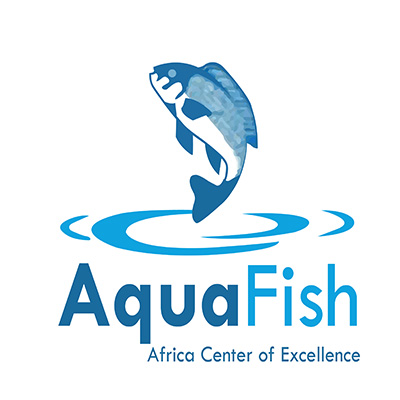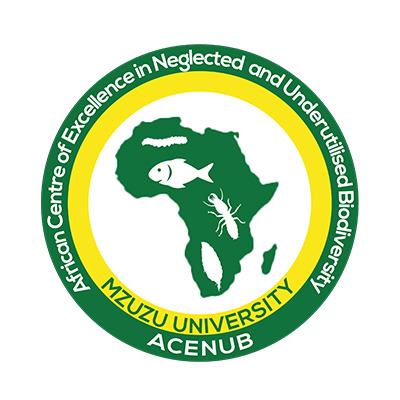In general, ESA countries are experiencing low and declining levels of enrollment in areas associated with the growing industrial sectors which require skills in STEM. This is despite the vast demand for graduates in emerging sectors with high growth potential such as oil and gas, energy, extractives, and railways industries across ESA. The region faces a shortage of skilled professionals with specialized knowledge who can innovate and boost productivity in these areas, such as engineers (civil, petroleum, and mechanical), geoscientists, and mechanical technicians. Graduates in the fields of engineering, manufacturing and construction are only 11.2 percent of the total graduates in Rwanda, 6.4 percent in Uganda, 3.82 percent in Mozambique, 17.45 percent in Kenya and 4.88 percent in Ethiopia respectively (UNESCO Institute of Statistics, 2012).
Under industry proposals are expected to achieve a balance of programs that address critical developmental needs especially in the following areas:
- Energy – wind/hydro-power, geothermal and solar-energy, energy generation/transmission etc.
- Value addition / Extractives – oil and gas sector, mining
- Urban design and construction/Infrastructure, transportation and logistics
- Disaster/risk analysis and management, hydrology and water purification
- ICT – soft/hardware, applications, services, and teaching/learning,
- Product design, manufacturing,
- Railway engineering
- Marine and ocean engineering
- Unspecified (room for innovation)
There are nine selected ACEs in the areas of energy, extractives, ICT, manufacturing, railways, and water, based in Ethiopia, Kenya, Mozambique, Rwanda, Tanzania, Uganda, and Zambia. The center in energy will try to alleviate constraints which have resulted from low energy access and adoption of technologies in rural areas and poor inter-state energy trading in ESA. The centers in mining and oil and gas will take the lead on sustainable development of the extractive industry through the provision of education, training programs and research solutions in the field. The center in ICT will educate Africans who will develop and deploy innovative ICT services. The two centers in the water sector will address water and sanitation challenges in the region to ensure safe water and sanitation requirements for water provision; apply technology to use ground water for agricultural applications; and improve municipal and industrial water management. The center in railways will produce trained graduates who can fill the manpower needs of the burgeoning railway sector. The centers in manufacturing will utilize nanotechnology to fill the gap in promoting value addition of primary produce.
Selected ACEs and their universities in industry
INDUSTRY | |
Addis Ababa University, Ethiopia | ACE for Water Management |
African Railway Education & Research Institute | |
Universidade Eduardo Mondlane, Mozambique | Center of Studies in Oil and Gas Engineering and Technology |
Moi University, Kenya | Center of Excellence in Phytochemicals, Textiles & Renewable Energy |
University of Rwanda-College of Business & Economics, Rwanda | ACE for Data Sciences |
University of Rwanda-College of Science& Technology, Rwanda | ACEfor Energy for Sustainable Development |
ACE in Internet of Things | |
Nelson Mandela African Institution of Science & Technology, Tanzania | Water Infrastructure & Sustainable Energy Center for the Future |
Makerere University, Uganda | Center of Materials, Product Development and Nanotechnology |
Copperbelt University, Zambia | Africa Center of Excellence for Sustainable Mining |









